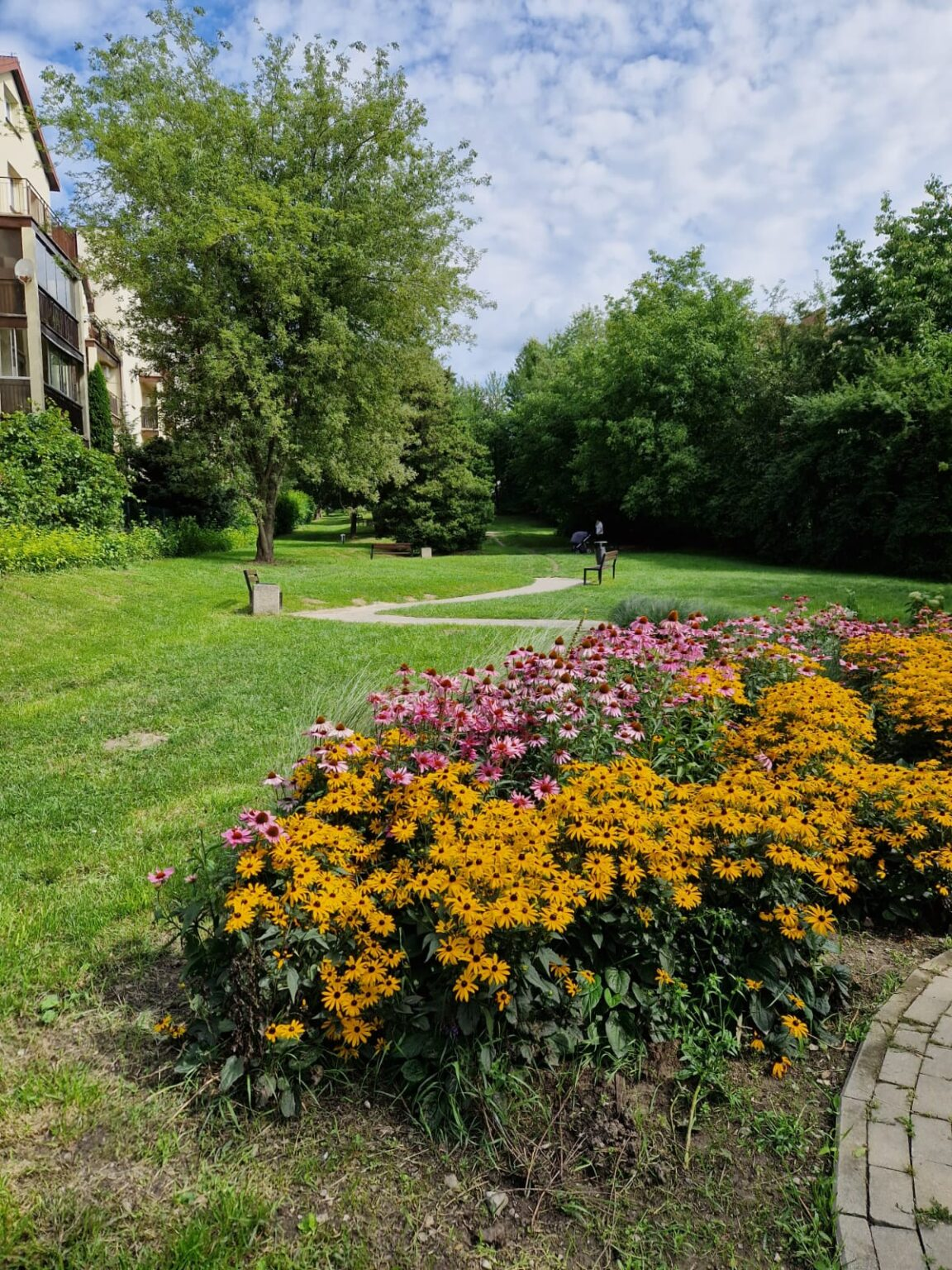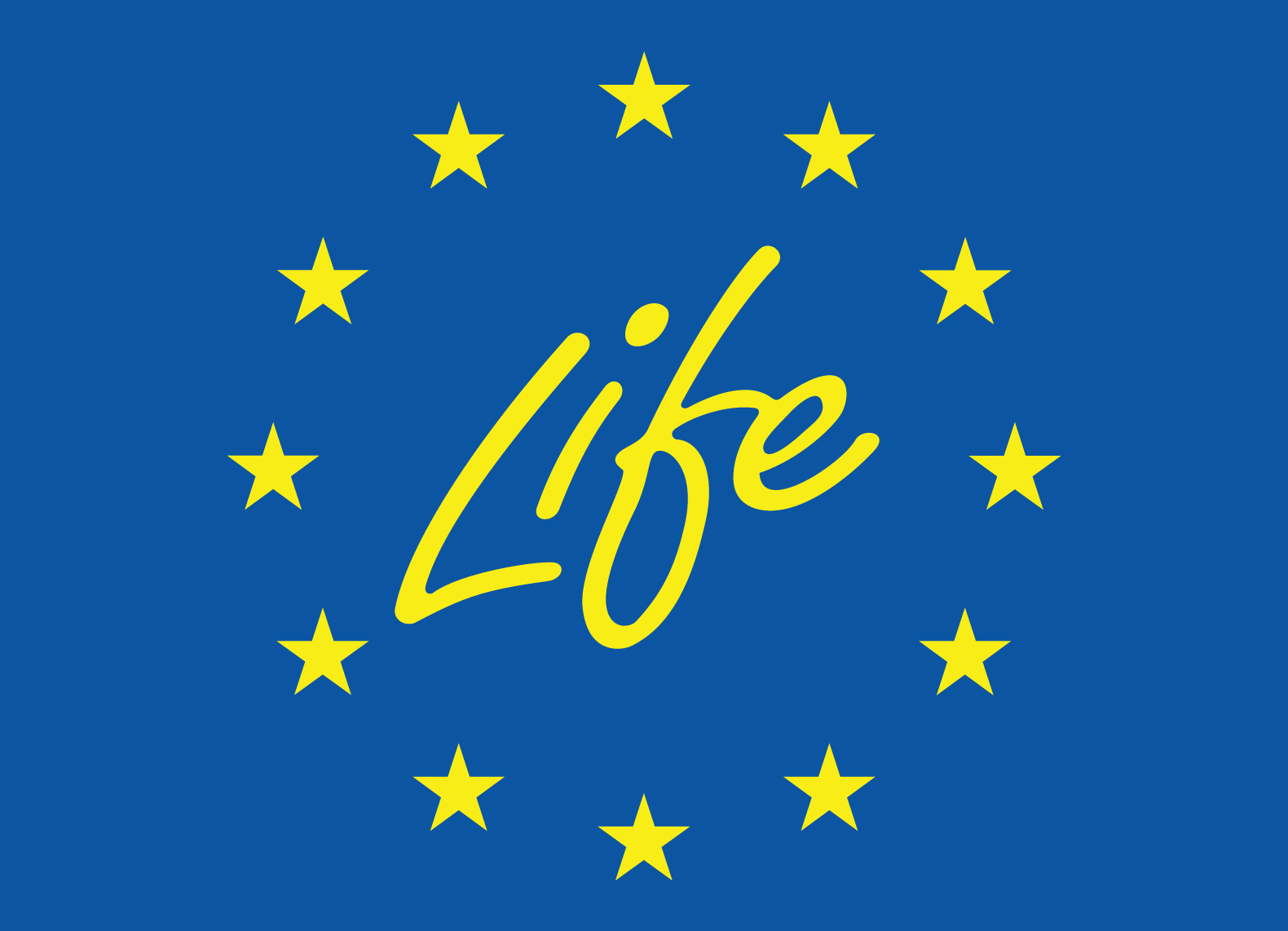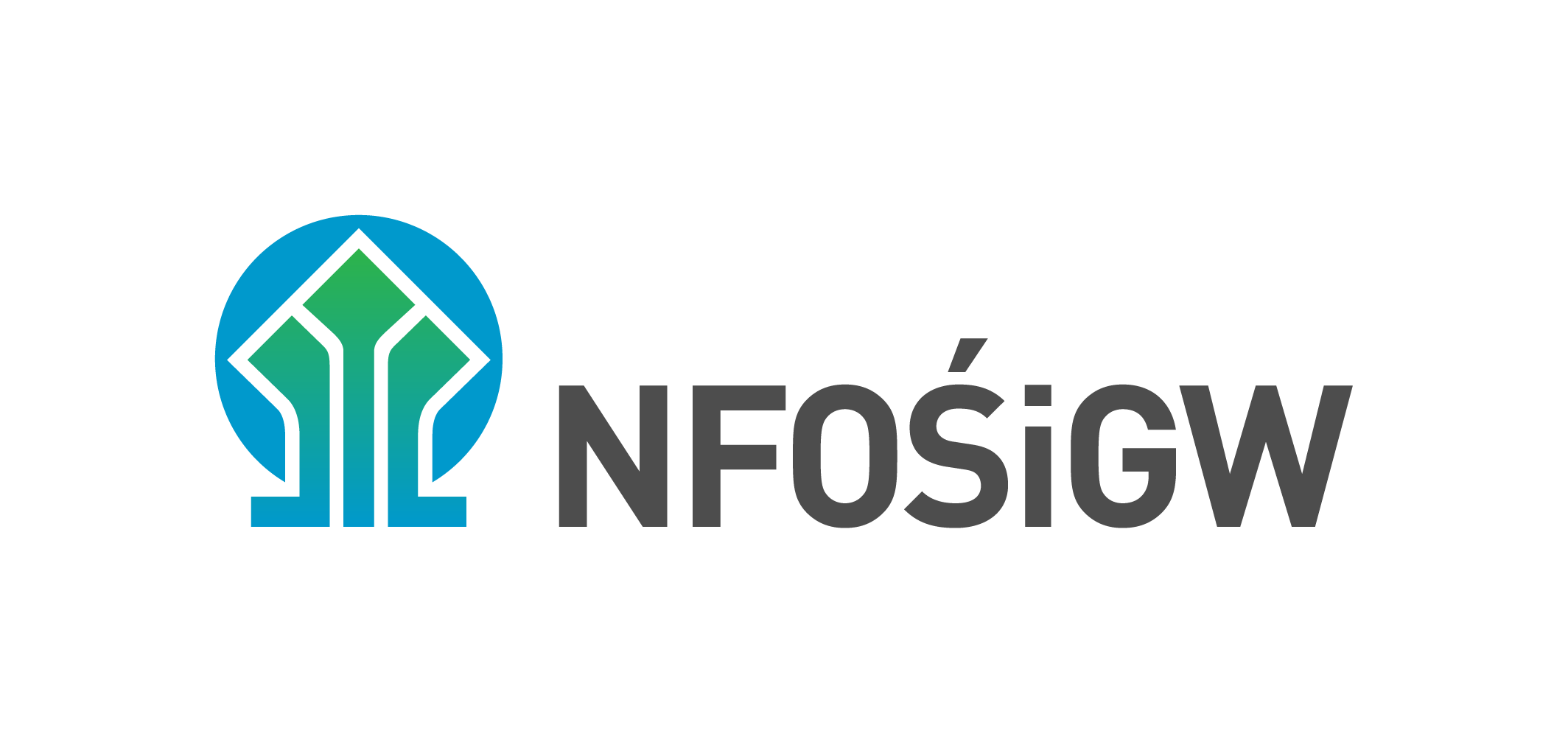
Kraków is preparing for climate changes. Local partnerships and nature-inspired solutions
Krakow has joined the LIFE PACT project, financed by the European Commission, whose main objective is to introduce nature-based solutions (NBS) in the city. These will help the city adapt to climate change.
Krakow joined the project after several years of droughts, floods, flash floods and heat waves in order to increase its resilience to climate change. Similar motivations drove the other two European cities participating in the project: Leuven and Madrid.
Two will be built in the capital of Małopolska ogrody deszczoweThree selected public spaces will also be landscaped, where the so-called urban heat island effect is keenly felt by residents. urban heat island.The project coordinator is the Krakow municipal unit Climate-Energy-Water Management.
The Life Pact project is innovative in social terms because it involves residents in the process itself revitalisation green areas and creating rain gardens, which guarantees that their final shape will meet the expectations and needs of local communities. During the project, a knowledge base on nature-based solutions will be built, which will be made available free of charge to residents interested in similar projects in other locations.
The method of introducing more greenery in urban agglomerations has already been tested in Leuven, Belgium, and in the Spanish capital, Madrid. Together with these cities, Krakow applied for EU funds to expand its green areas. It received €400,000 from the LIFE PACT programme to implement these plans. The national contribution was financed by the National Fund for Environmental Protection and Water Management.
In the capital of Małopolska, the project began with councillors from individual districts selecting specific locations. Based on analyses and local visions, the most suitable locations for revitalisation were chosen. After consulting with residents, five plots of land were selected, located close to residential areas on the following streets: Ehrenberga, Monte Cassino, Witosa, Strzelców and Banacha. The implementation of the first three investments (on Ehrenberga, Monte Cassino and Witosa streets) will begin in the second quarter of 2024.
Among the selected locations, the square on Ehrenberga Street deserves special attention, where the existing concrete surface will be replaced with a green area that is friendly to people and the environment.
Revitalisation of the square on Ehrenberga Street
During the consultation meeting, the residents who participated decided that the wild car infrastructure should disappear from the square, and concrete and the paving stones should be replaced with flowers, shrubs and trees. It was also agreed at the meeting that the square needs benches, primarily for the comfort of seniors and young people, who will be able to use them during breaks between lessons. Residents also proposed installing a photovoltaic system in this location to power lighting and surveillance, which will have a positive impact on their safety.
The design of Ehrenberg Square and other areas takes place during special workshops, during which a model with a preliminary concept for its development is created. Participants have access to a catalogue of trees, plants and benches, from which they can choose specific plant species and small infrastructure elements. Thanks to this open and practical formula, during the meetings, residents, together with city officials and specialists from various fields related to the design of green areas (landscape designers, land improvement specialists, architects, urban planners, conservators, constructors, geologists, real estate market experts and transport experts) develop a coherent concept for the development of the area, which takes into account its possibilities but also its limitations. The workshops themselves are preceded by preparations, which consist of reconnaissance of the area, its specific conditions and a site visit.
LIFE Pact is an initiative that aims to develop and test an integrated approach to climate change adaptation in cities through the implementation of nature-based solutions. The project is being implemented by partners from Belgium, Spain and Poland, with Leuven in Belgium as the main pilot city and coordinating entity. The project is financed by the LIFE Programme and the National Fund for Environmental Protection and Water Management, with 15% of the funding coming from the budget of the City of Krakow.(1).








